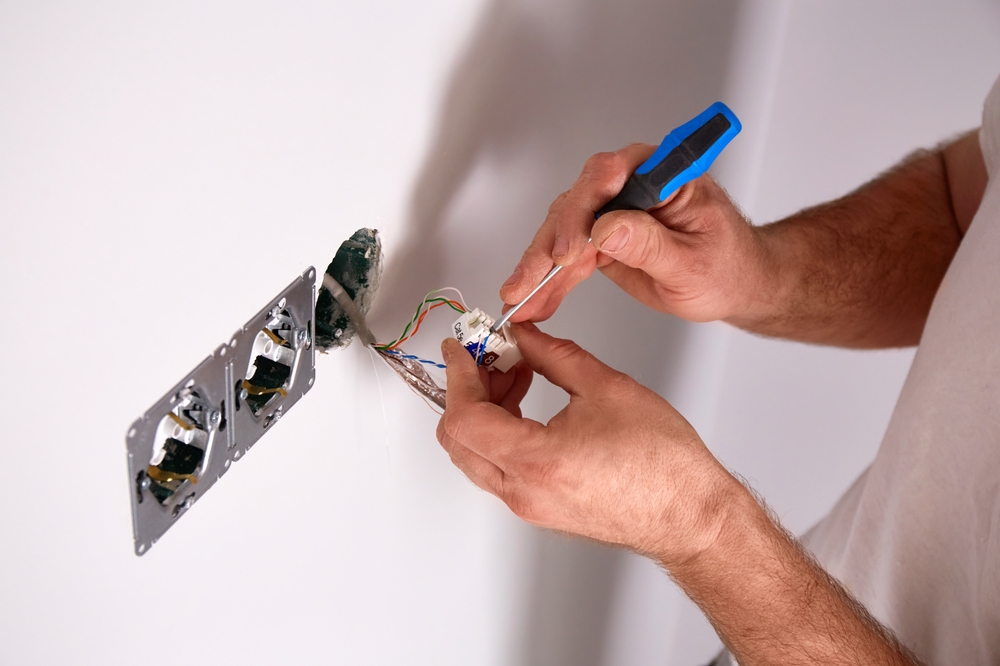
Men often take pride in being able to handle tough jobs, fix things quickly, and complete tasks efficiently. But sometimes, in the rush to check something off the list, safety shortcuts become tempting. It’s easy to think that nothing bad will happen—until it does. The truth is, many common safety shortcuts men take are not only risky for their health and well-being, but they’re also not covered by insurance. This means if something goes wrong, you could be left paying the price out of pocket. Knowing which habits to avoid can save you money, stress, and pain. Let’s look at the top safety shortcuts men take that insurance never covers—and why it’s worth breaking these habits for good.
1. Ignoring Safety Gear on the Job
One of the most common safety shortcuts men take is skipping protective gear, especially when doing home repairs or yard work. It might seem harmless to mow the lawn in sandals or use power tools without goggles, but accidents can happen in seconds. If you’re injured while not following basic safety protocols, insurance may refuse to cover your medical bills. Always use the right gear, even for quick jobs.
2. Driving Without a Seatbelt
It’s easy to skip the seatbelt for a quick drive to the store or when you’re in a hurry. But seatbelt laws exist for a reason. If you get into an accident and aren’t wearing a seatbelt, your insurance company may deny coverage for injuries. This safety shortcut can lead to devastating financial and physical consequences.
3. Using Ladders Improperly
Ladders are involved in thousands of accidents each year. Whether it’s reaching too far, using a broken ladder, or not setting it up on stable ground, these shortcuts are dangerous. Insurance policies often exclude coverage for injuries that happen when you ignore manufacturer guidelines. Take an extra minute to set up your ladder safely every time.
4. Skipping Vehicle Maintenance
Many men put off routine car maintenance, thinking it’s no big deal. But ignoring things like worn tires or faulty brakes can lead to accidents and costly repairs. If an accident occurs because you neglected maintenance, your insurance may not pay for damages. Proper upkeep is a simple way to avoid denied claims and keep everyone safe.
5. Overloading Electrical Outlets
Plugging too many devices into one outlet is a shortcut that can cause fires. If your home is damaged by a fire started this way, your insurer may refuse to cover the loss due to negligence. It’s best to use outlets as intended and invest in surge protectors to stay safe.
6. DIY Electrical Work
Handling electrical repairs without the right training is a major safety shortcut men take. Shoddy wiring or improper installations can lead to injury or house fires. Most insurance policies exclude coverage for damages caused by unlicensed electrical work. Always hire a professional for electrical jobs, no matter how small they seem.
7. Dismissing Safety Warnings on Equipment
It’s tempting to skip reading the manual or ignore warning labels on tools and machinery. But these warnings are there to prevent accidents. If you’re hurt using equipment the wrong way, your insurance may not cover your injuries. Take time to read instructions and follow all safety warnings before starting any project.
8. Driving Under the Influence
Driving after drinking or using drugs is a shortcut with serious consequences. Not only is it illegal, but if you cause an accident, your insurance may not cover damages or injuries. The financial and legal fallout can be life-changing. Always plan for a safe ride home if you’re not sober.
9. Neglecting Safety When Working Alone
Many men tackle projects alone, especially when working with heavy machinery or at heights. If something goes wrong and no one is there to help, the risk of serious injury increases. Insurance often won’t cover injuries sustained when you ignore recommended safety practices, like having a spotter or using fall protection. Don’t let independence compromise your safety.
10. Using Expired Safety Equipment
Relying on old helmets, harnesses, or fire extinguishers is another common shortcut. Expired safety gear may not offer proper protection, and if you’re injured because of faulty equipment, insurance could deny your claim. Check expiration dates and replace gear as needed to stay protected.
Building Safer Habits Pays Off
Taking safety shortcuts might feel efficient in the moment, but the risks are real—and often not covered by insurance. When you skip steps, you’re not just putting your health in danger, but also your finances. Insurance companies expect policyholders to act responsibly and follow safety guidelines. If you don’t, you could end up paying out of pocket for injuries or damages. By building better habits and respecting safety rules, you protect yourself, your loved ones, and your wallet.
Remember, most safety shortcuts are easy to avoid with a little extra time and attention. If you’re unsure about a task, get professional help.
What safety shortcuts have you seen or been tempted to take? Share your experiences in the comments below!
What to Read Next…
- 8 Things You Should Never Keep In Your Car For Your Own Safety
- How Insurance Approved Shops Cut Corners After Major Accidents
- 10 Times Insurance Companies Denied Claims Over Fine Print
- Auto Insurance Companies Are Quietly Buying Totaled Cars And Reselling Them
- 8 Car Safety Features That Don’t Actually Work
The post 10 Safety Shortcuts Men Take That Insurance Never Covers appeared first on Clever Dude Personal Finance & Money.







